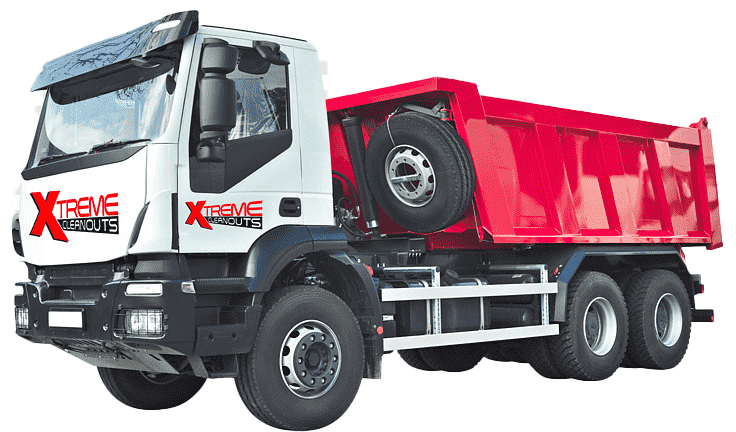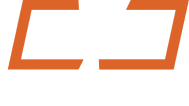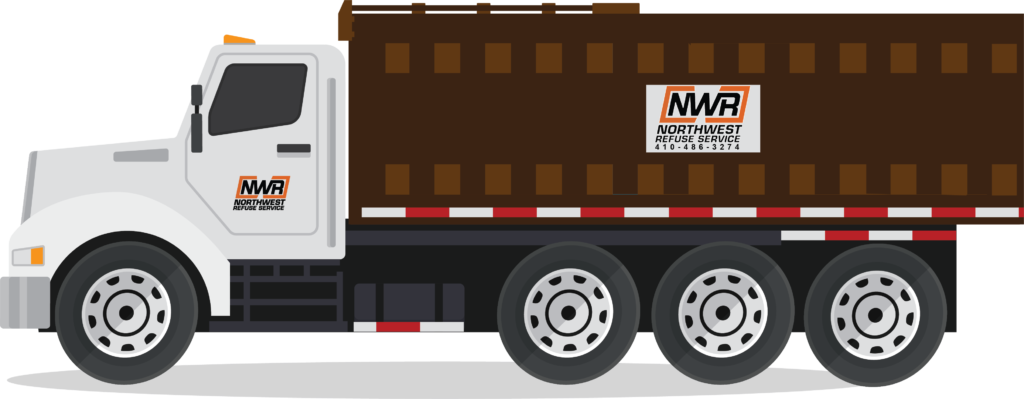Renting a dumpster for commercial purposes can greatly streamline waste management, but ensuring an efficient and hassle-free experience involves a bit of planning and consideration. Here are ten tips to help you make the most out of your commercial dumpster rental:
1. Assess Your Waste Volume and Type
Understanding the amount and type of waste you’ll generate helps in selecting the right dumpster:
- Volume: Estimate the volume of waste you expect to produce. This will help you choose the appropriate dumpster size, which typically ranges from 10 to 40 cubic yards.
- Waste Type: Identify the types of waste you’ll be disposing of (e.g., general waste, recyclables, construction debris). Some materials may require special handling or separate containers.
2. Choose the Right Dumpster Size
Selecting the correct dumpster size is crucial for efficiency and cost-effectiveness:
- Appropriate Size: Choose a dumpster size that fits your needs without being too small or excessively large. Many providers offer guidance on selecting the right size based on your waste volume.
- Avoid Overloading: Ensure that your dumpster is large enough to handle your waste without overloading, which can result in extra charges or delays.
3. Understand the Rental Terms
Familiarize yourself with the rental terms and conditions to avoid any surprises:
- Rental Period: Know the duration of the rental period and any options for extensions if needed.
- Permits: Check if you need a permit for placing the dumpster on your property or public streets, and ensure that all necessary permissions are obtained.
4. Plan for Placement
Proper placement of the dumpster can enhance convenience and safety:
- Accessibility: Ensure that the dumpster is placed in a location that is easily accessible for loading and for the dumpster truck to pick up.
- Clearance: Allow enough clearance around the dumpster for the truck to maneuver and for waste to be loaded easily.
5. Use the Dumpster Efficiently
Maximize the efficiency of your dumpster rental with proper loading techniques:
- Load Strategically: Break down large items and place heavier materials at the bottom. Distribute weight evenly to make the most of the available space.
- Avoid Contamination: Keep non-permissible items out of the dumpster to avoid additional charges and ensure proper disposal.

6. Communicate with Your Rental Provider
Effective communication with your dumpster rental provider ensures a smooth experience:
- Discuss Needs: Communicate your waste management needs and any special requirements with the rental provider.
- Report Issues: Notify the provider of any issues or changes in your waste volume or schedule to make necessary adjustments.
7. Plan for Pickup and Disposal
Coordinate the pickup and disposal process to avoid disruptions:
- Schedule Pickup: Arrange for timely pickup of the dumpster to avoid overloading and unnecessary rental fees.
- Confirm Disposal: Ensure that the waste will be disposed of properly, especially if you have specific disposal requirements or regulations.
8. Consider Recycling Options
Incorporate recycling into your waste management plan to reduce environmental impact:
- Separate Recyclables: If possible, separate recyclable materials from general waste. Some providers offer specialized recycling dumpsters or services.
- Green Initiatives: Look for rental companies that support environmentally friendly practices and recycling programs.
9. Keep Safety in Mind
Safety is paramount when dealing with commercial waste:
- Safety Measures: Ensure that the area around the dumpster is kept clear of hazards and that employees are aware of safe waste disposal practices.
- Compliance: Follow all safety regulations and guidelines to prevent accidents and ensure proper handling of waste.
10. Review Costs and Fees
Understand the costs associated with your commercial dumpster rental services to manage your budget effectively:
- Cost Breakdown: Review the cost structure, including rental fees, delivery, and pickup charges, and any additional fees for excess weight or prohibited items.
- Avoid Extra Charges: Adhere to weight limits and avoid prohibited items to prevent extra charges and additional fees.
An efficient commercial dumpster rental experience involves careful planning, proper placement, effective communication, and adherence to rental terms. By following these tips, you can ensure a smooth and cost-effective waste management process for your commercial needs.


